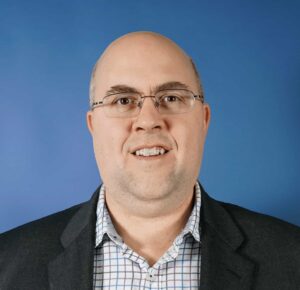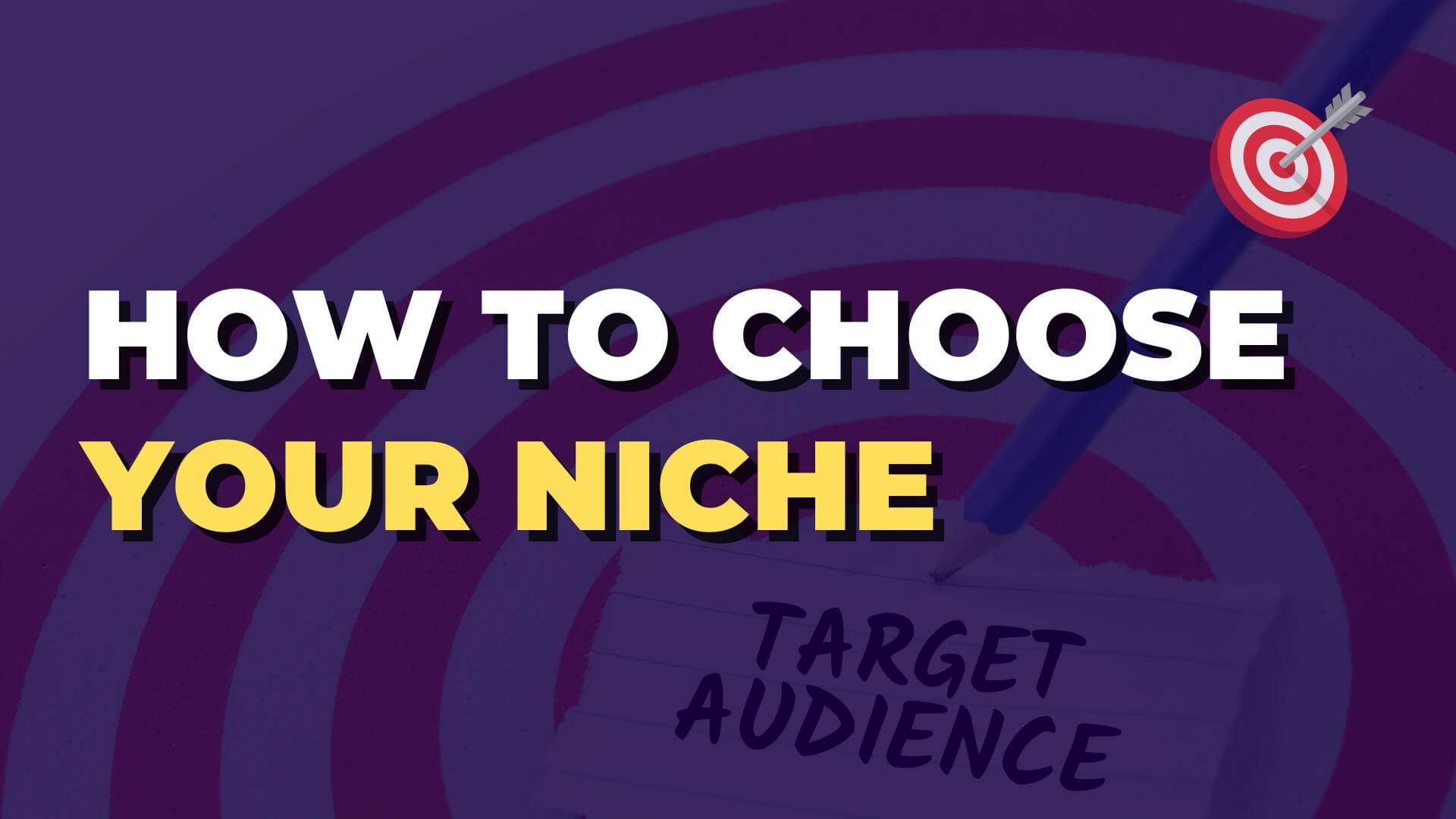How to choose your niche (or refine it)
What is your niche?
Most people answer with a service or target market (ex. business coaching), which is only a small part of the equation.
Choosing your niche and refining it to the point where you have no competition is crucial to the success of your expert business.
TL;DR: Your niche is the combination of your:
- Mission
- Market
- Outcome you provide
- Business or delivery model
Many of us are drawn to the online business world by influencers. We want the success they have so we feel like we need to imitate what they do.
This is one of the fastest paths to failure.
They have an audience, products, and business built around THEIR specific expertise and needs, not yours.
Instead, your expert business needs to be built around YOUR experience and needs.
Here’s how to design that.
Your Expertise Inventory
The first step in choosing or refining your niche is to perform an expertise inventory.
That is listing all of the major skills and experiences you have accumulated over your lifetime.
Start with education, jobs, and hobbies.
Extend it with interests, curiosities, and other topics you’re interested in but never have time to get to.
As an example, my expertise inventory has a lot of what you would expect (technology, business, project management) but also many other areas over my lifetime (engineering, car racing, photography, etc.)
For this step, don’t consider business potential or anything like that, we just want the areas where you have expertise or sustained interest.
Choose your business focus
The next step is to make a simple scoring system for each item in your expertise inventory.
Make a simple spreadsheet with your inventory items as the rows.
For the columns put:
- Enjoyment: How much do you currently enjoy the topic?
- Expertise Level: How much expertise or experience do you have with the topic?
- Value: How valuable is the topic in the market (ex. basic graphic design is low value/commodity but creating illustrations for patent applications is high value)
- Demand: How much demand is there for each item (ex. there is high demand for basic graphic design but not as much for patent illustrations)
For each factor, rank them from 1 – 3 with 3 being the highest.
The goal here is to look for the best combinations (highest scores) of topics where you enjoy it, have expertise, has high value, and has high demand.
These form the short list for your business direction.
Be sure to look for combinations of them. In my case, I combined technology, business, and teaching to find my niche here of helping others build their expert businesses.
Determine your mission
Next you want to determine your personal mission and then your client or customer mission.
For your personal mission it could be wealth, impact, creating a legacy, etc. This is the why YOU are building an expert business.
Then for your customer mission it could be helping them achieve some aspect of health, wealth, or relationship improvement. This is the reason why you want to serve THEM.
You want to ensure that the combination of topic, personal mission, and customer mission all align.
Determine your market
With your topic and two missions in hand, now you want to define and refine your target market. This is the first part of “niching down”.
Start with the major categories like health, wealth, relationship, leisure.
Then keep refining it down.
Using a health example it could be: Diet —> Vegan —> Athletes —> CrossFit. A target market could be CrossFit athletes on the vegan diet.
The natural urge for all of us is to have a wide market with many potential customers.
Again that is the fastest path to failure as only very large brands can go after an entire market like fitness or diet.
You want to go 3 – 5 levels deep for your target market. Start there then you can broaden out over time.
Determine your outcomes
The next step is to decide what outcomes or transformation you can provide for your target market.
In the diet example above, maybe you can help CrossFit athletes gain muscle mass while on the vegan diet.
In my case a transformation we provide is taking folks from solopreneur to virtual CEO of their online business by providing a team, tools, and systems to help them grow.
Within the topic, missions, and market you’ve selected, you want to aim for the biggest transformation that you can help them with.
Determine your business model
The last step is determining HOW you will deliver the transformation while accomplishing your missions.
This is where you decide whether it will be through coaching, courses, information products, physical products, etc.
This is also where you’ll determine initial pricing or where you want to be in the market (high-end / premium or low-cost / value and so on)
I would always aim for the high-end as it makes all the numbers easier in online business.
Remember that it is CRITICAL to make sure your choices still align with your missions. As an example, if your goal is a lifestyle business WITHOUT having to work 80 hours a week, then a 1:1 or done-for-you business model isn’t compatible with that. Online courses or info products might be a better fit.
Putting it all together: Your Expert Business Blueprint
If you take the time to do these six steps and really dig into them, you will have chosen and refined a niche that balances all of the key considerations.
I call this your Expert Business Blueprint. It is the base plan that you entire business is built around.
When faced with choices along the way, you refer back to it to stay on course.
Take Action
- Perform an expertise inventory
- Find your business topic by ranking your skills by enjoyment, expertise, value, and demand
- Determine your mission
- Determine your market
- Determine the outcomes you can provide
- Determine the business you want to build

David Ziembicki
David Ziembicki is the founder and CEO of the Expert Business Agency, which helps coaches, course, and membership creators build their online businesses. David has been an industry-leading technology and business consultant for over 25 years having worked at Microsoft, Deloitte, SAIC, and Avanade.

